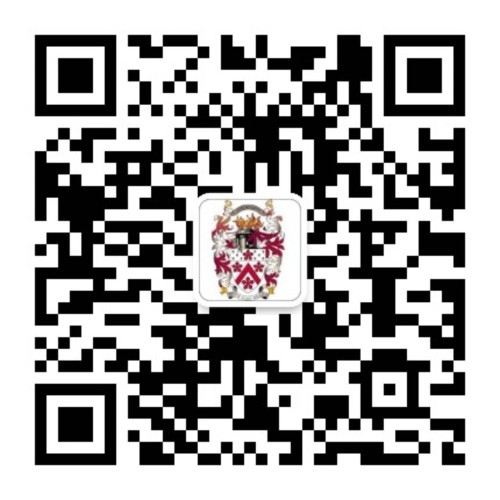The Network Effect
One Family of Schools
Since 2003, enrolment at our family of schools has grown to more than 10,000 students hailing from more than 60 countries. The group now comprises nine schools in seven cities and three countries in Asia.
Being part of a network allows us to work together, leveraging talent and resources to put on events, forge internal and external relationships and share experiences. This exposes our students and staff to a rich and varied choice of experiences that individual schools could not offer on their own.
By virtue of Dulwich College International’s relationships with leading educational and artistic institutions, our students perform soliloquies under the tutelage of actors from the Royal Shakespeare Company, sing with the Vienna Boys’ Choir and work with the innovative musicians from the Berklee College of Music in Boston.
They take an active part in group sporting, artistic, intellectual and leadership events, such as the Diversity series, the Dulwich Festival of Music, the Science Art Photo Competition, the Shakespeare Festival, the Dulwich Games, the Shackleton Lectures and the Student Leadership Conference.
They learn about the importance of giving back through community service, and as many of these projects are brought under the umbrella of the Dulwich International Schools Foundation, their opportunities will expand further. They enjoy the benefits of the extensive, structured programme of professional learning that we provide to all our staff members.
They will reap the benefits of our STEM curriculum in our SE21 Studios, as well as our pioneering Mandarin programme, which addresses the unique challenges of teaching this complex and wonderful language. With group support, we have made a huge investment of time in both these programmes, which are so crucial to preparing our children for the future.
Our network attracts leading and innovative academic leaders. The Dulwich College International Education Team supports the academic teams at our school, giving them the advantage of their specialist knowledge, ensuring consistency in the content and quality of our teaching, and spreading innovations they may observe at one school throughout the group.
And finally, our network strengthens community bonds. Students from different Dulwich College International schools may get to know each other one year through a group event, and find themselves classmates the next when one of them has moved from, say, Dulwich College (Singapore) to Dulwich College Shanghai Pudong. Students facing the challenges of an international move will make a much smoother transition when their new school is so familiar. With many of our teachers transferring within the family of schools as well, we are able to keep the benefits of their knowledge and experience within the group.
Founding School
Dulwich College London was founded by Edward Alleyn on 21 June 1619. Alleyn was an actor linked to Shakespeare's Globe Theatre and an entrepreneur in the world of Elizabethan and Jacobean theatre. At the age of 47, Alleyn decided to establish a school for boys in London that would provide sound learning, strong artistic pursuits and good manners.
The College has long been a pioneer in education. In the 1880s, Master Canon Carver introduced the “Modern Curriculum” to the College, and in the 1940s the College embarked on the "Dulwich Experiment", admitting students on a needs-blind basis, based on academic ability alone. Today, Dulwich College is an academically selective boys’ school, attracting students from the top 15% of the UK academic range. The College has produced leading scientists, actors, film directors, musicians, sportsmen and writers, a number of whom have visited Dulwich College International (DCI) schools to talk of their experiences.





